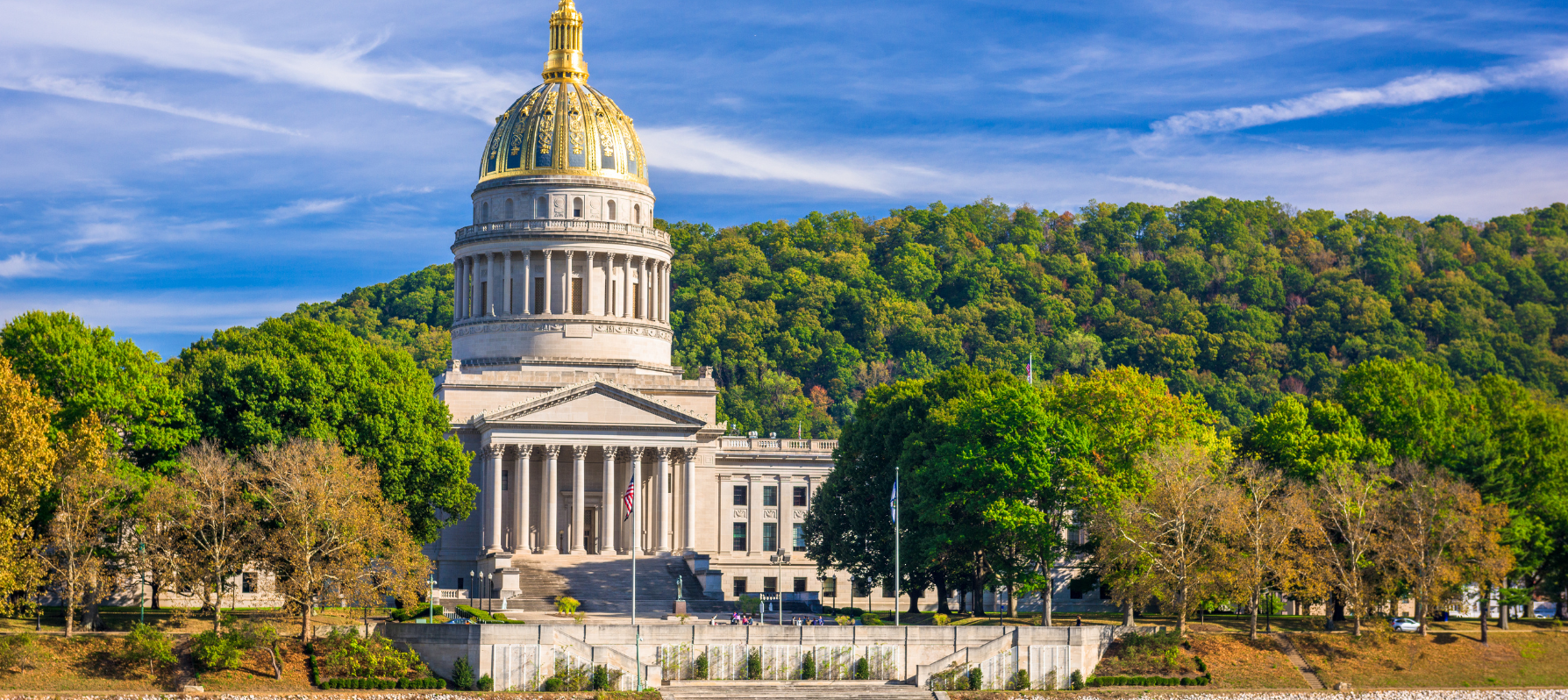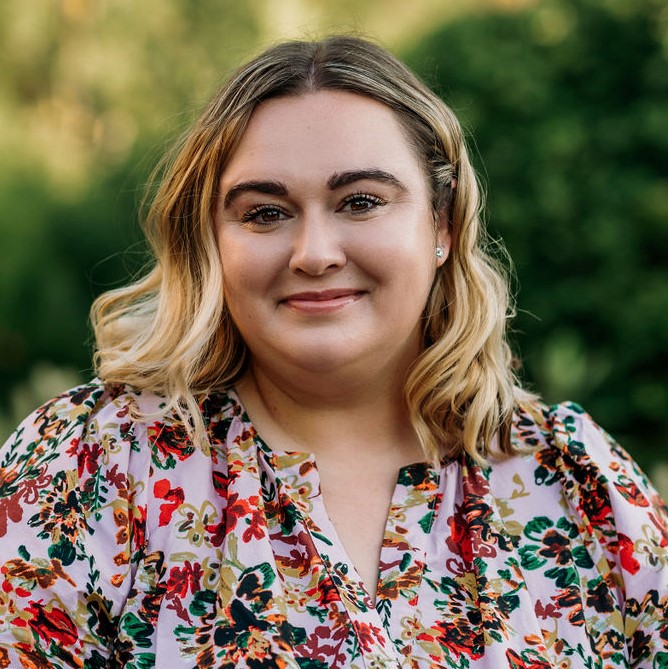Connections - 07.26.23
Something to Be Proud Of

Share this page
Stay Informed on the Latest Research & Analysis from ANCOR
More News
Capitol Correspondence - 04.23.24
White House Marks Anniversary of Executive Order on Care with Focus on Workforce Support
Stateside Report - 04.22.24
Stateside Report: April 22, 2024

Capitol Correspondence - 04.16.24

